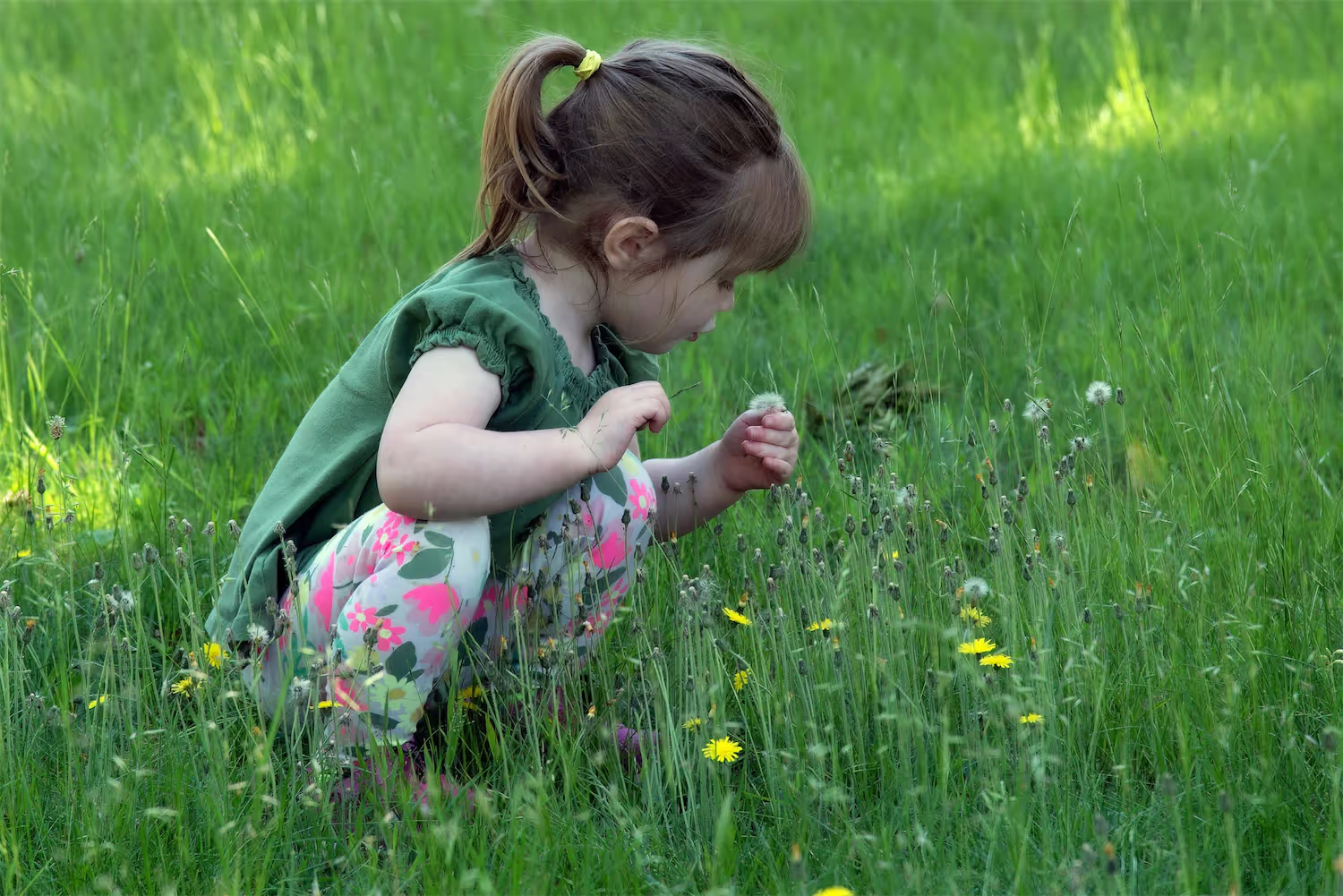
Don't miss out!
Sign up today for the Summer Health newsletter to get weekly tips, tricks, and trends in kid’s health!

Don't miss out!
Sign up today for the Summer Health newsletter to get weekly tips, tricks, and trends in kid’s health!
The Summery
The Summery brings together all the resources you need to go deeper into your kid’s health, without the overwhelm.
The Summery brings together all the resources you need to go deeper into your kid’s health, without the overwhelm.



Featured posts
Filters
Age ranges
Newborn
1-3 Months
3-6 Months
6-9 Months
9-12 Months
1-3 Years
3-5 Years
5-10 Years
10+ Years
Development
Babywearing
Developmental milestones
Medications
Mental Health
Newborn
Potty training
Sleep
Tummy time
Vaccines
Vision
Nutrition
Breastfeeding
Feeding
Starting solid foods
Conditions
Belly pain
Constipation
Cradle Cap
Diaper rash
Ear pain
Minor cuts and scrapes
Rashes
Vomiting and diarrhea
Illness
Colds
Cough
COVID-19
Fever
Gastrointestinal Issues
Pink eye

Never miss a post!
Sign up for our newsletter to receive articles and guides directly to your inbox!
Filters
Age ranges
Newborn
1-3 Months
3-6 Months
6-9 Months
9-12 Months
1-3 Years
3-5 Years
5-10 Years
10+ Years
Development
Babywearing
Developmental milestones
Medications
Mental Health
Newborn
Potty training
Sleep
Tummy time
Vaccines
Vision
Nutrition
Breastfeeding
Feeding
Starting solid foods
Conditions
Belly pain
Constipation
Cradle Cap
Diaper rash
Ear pain
Minor cuts and scrapes
Rashes
Vomiting and diarrhea
Illness
Colds
Cough
COVID-19
Fever
Gastrointestinal Issues
Pink eye
Filters
Age ranges
Newborn
1-3 Months
3-6 Months
6-9 Months
9-12 Months
1-3 Years
3-5 Years
5-10 Years
10+ Years
Development
Babywearing
Developmental milestones
Medications
Mental Health
Newborn
Potty training
Sleep
Tummy time
Vaccines
Vision
Nutrition
Breastfeeding
Feeding
Starting solid foods
Conditions
Belly pain
Constipation
Cradle Cap
Diaper rash
Ear pain
Minor cuts and scrapes
Rashes
Vomiting and diarrhea
Illness
Colds
Cough
COVID-19
Fever
Gastrointestinal Issues
Pink eye

Never miss a post!
Sign up for our newsletter to receive articles and guides directly to your inbox!
.
.
.
.
.
.
.
.
.
.
.
.
.
.
.
.
.
.
.
.
.
.
.
.
.
.
.
.
.
.
.
.
.
.
.
.
.
.
.
.
.
.
.
.
.
.
.
.
.
.
.
.
.
.
.
.
.
.
.
.
.
.
.
.
.
.
.
.
.
.
.
.
.
.
.
.
.
.
.
.
.
.
.
.
.
.
.
.
.
.
.
.
.
.
.
.
.
.
.
.
.
.
.
.
.
.
.
.
.
.
.
.
.
.
.
.
.
.
.
.
.
.
.
.
.
.
.
.
.
.
.
.
.
.
.
.
.
.
.
.
.
.
.
.
.
.
.
.
.
.
.
.
.
.
.
.
.
.
.
.
.
.
.
.
.
.
.
.
.
.
.
.
.
.
.
.
.
.
.
.
.
.
.
.
.
.
.
.
.
.
.
.
.
.
.
.
.
.
.
.
.
.
.
.
.
.
.
.
.
.
.
.
.
.
.
.
.
.
.
.
.
.
.
.
.
.
.
.








































































































































































































































